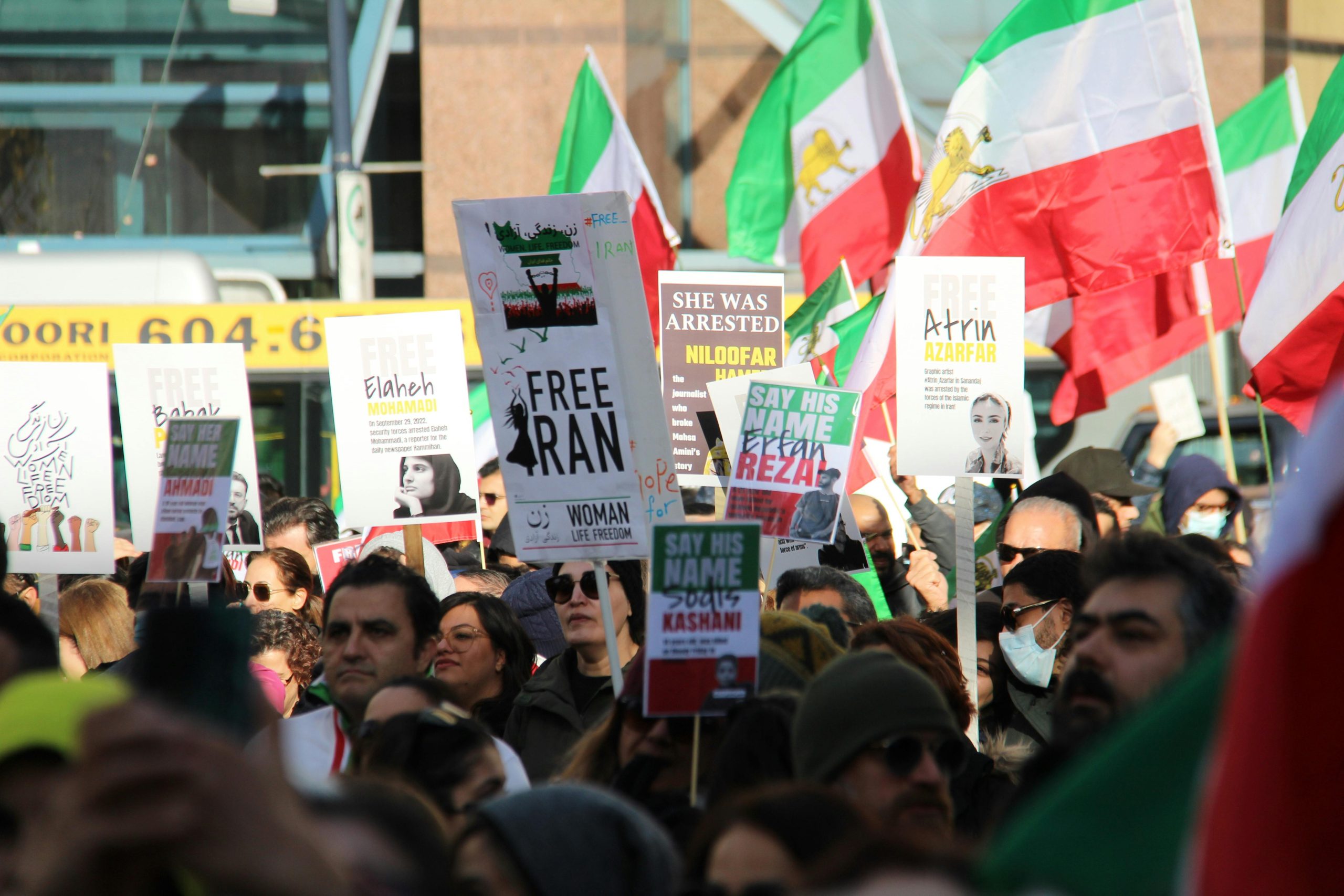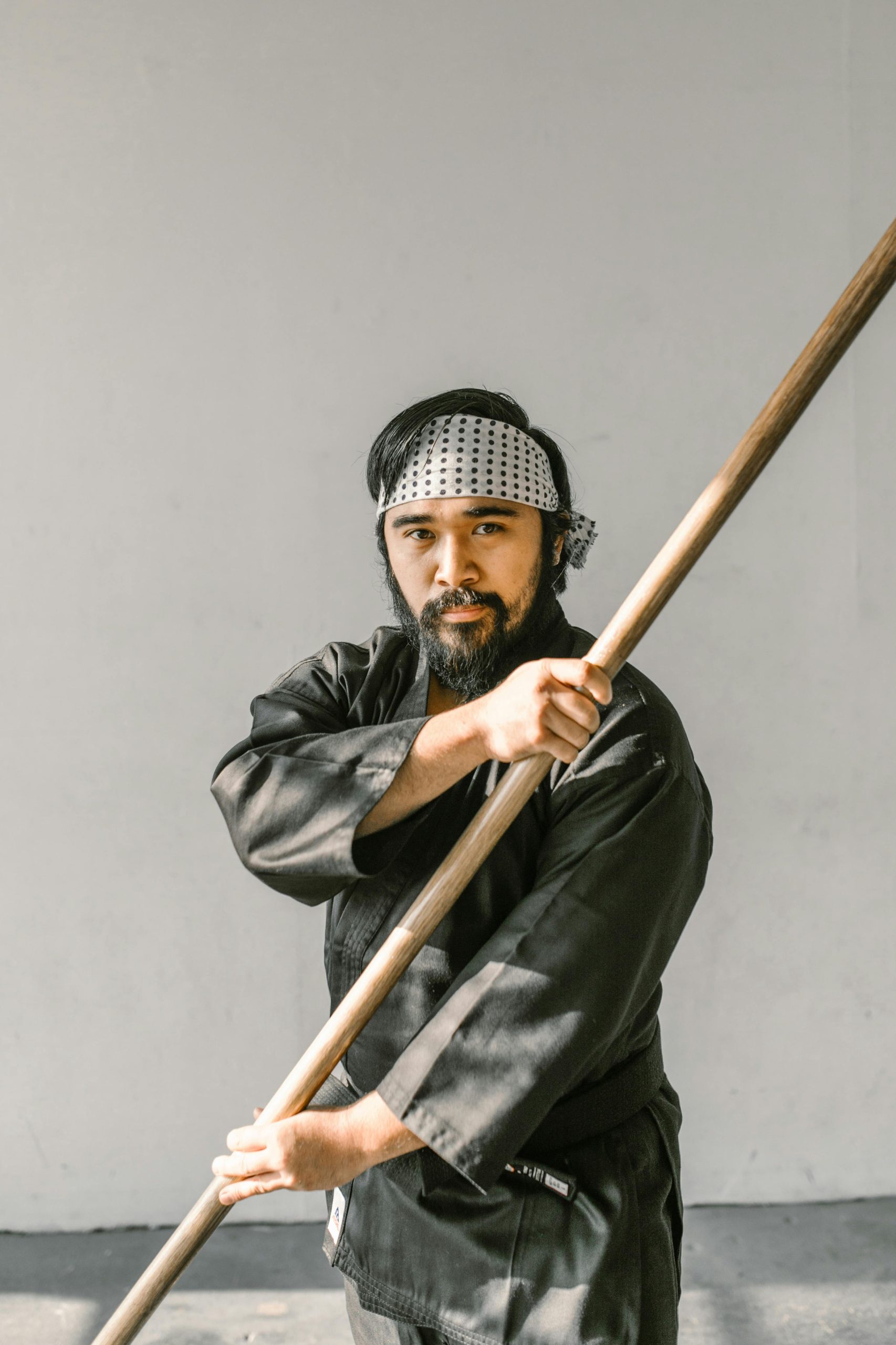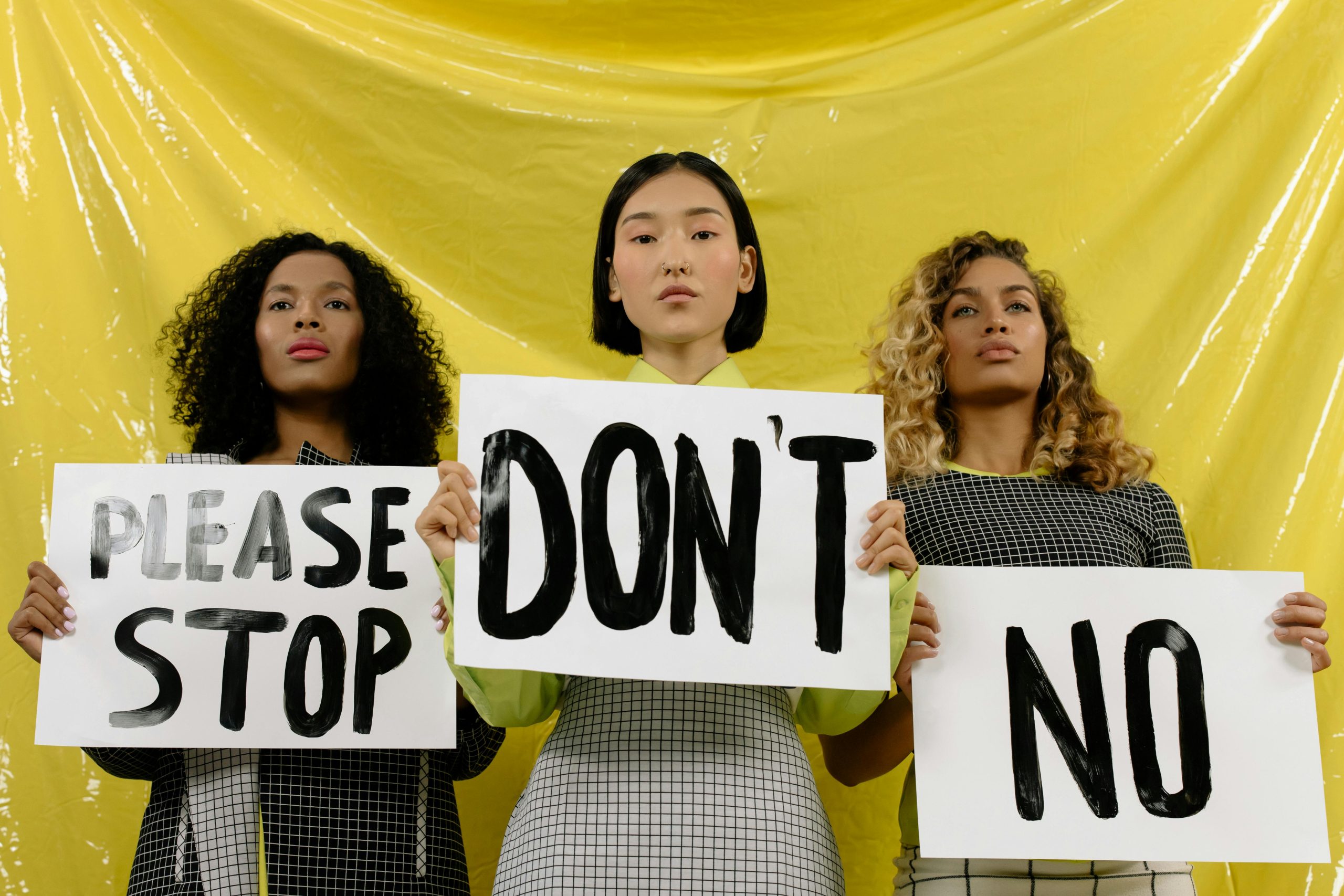Is There a Hidden Agenda? The Wealth Transfer from the Poor to the Rich
In contemporary society, a troubling concern has emerged regarding the influence of the wealthy on government policies. It can often feel like a covert system is in place, orchestrating a transfer of resources from the lower income brackets to the affluent. This phenomenon is evident across various political landscapes, whether in democracies or authoritarian regimes, where leadership frequently serves the interests of those with wealth.
Since the 1980s, both the United States and the United Kingdom have witnessed a significant decline in the power of labor unions. This decline has contributed to a growing disparity in wealth and influence. While the principles of freedom are paramount, it is essential to distinguish between equality of opportunity and the pursuit of equality in outcomes. Unfortunately, the erosion of union rights undermines the very essence of freedom and opportunity for all.
The Rule of Law, which many assume protects the rights of citizens, often perpetuates inequality. Legal frameworks can favor the affluent through mechanisms such as unequal land distribution, advantageous tax arrangements for the wealthy, and minimal or nonexistent inheritance taxes. These policies entrench a system where wealth accumulates in the hands of a few, further marginalizing the less fortunate.
In a truly democratic setting, one would expect elected officials to advocate for the majority—primarily composed of the middle and lower classes. A government’s responsibility is to safeguard basic rights, ensuring that every individual has access to essential needs such as food, housing, clothing, and information.
As we navigate discussions on wealth and power, it is imperative to remain vigilant and demand systems that promote fairness and opportunity for everyone. The ideals of a truly equitable society are achievable, but they require a concerted effort from both citizens and their representatives.
As Noam Chomsky suggests, envisioning a livable future is not just idealistic but necessary for our collective well-being. It’s time to question and reshape the structures that perpetuate inequality.



